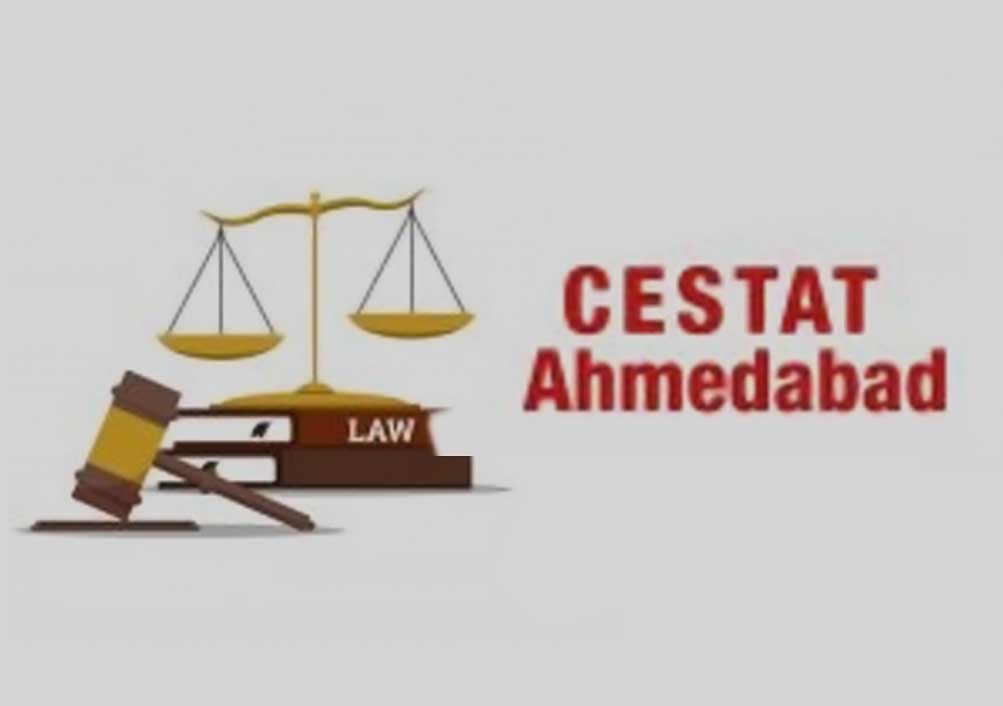In Excise Appeal No. 10063 of 2014 -CESTAT- Duty deposited under protest not subject to one-year time limit prescribed under Section 11B of the Central Excise Act, rules CESTAT (Ahmedabad)
Members Ramesh Nair (Judicial) & C.L. Mahar (Technical) [21-07-2023]

Read Order: Indian Oil Corporation Limited v. Commissioner of Central Excise & ST, Rajkot
Chahat Varma
New Delhi, August 1, 2023: The Ahmedabad bench of the Customs, Excise, and Service Tax Appellate Tribunal has ruled in favour of Indian Oil Corporation Limited (appellant), stating that the duty deposited on the department's request, as a payment of duty under protest, was not subject to the one-year time limit prescribed under Section 11B of the Central Excise Act.
Brief facts of the case were that the appellant, had filed a refund claim of duty paid under protest to the range office. The department issued a show cause notice proposing to appropriate the amount deposited against the demand and impose interest and penalty. The Commissioner confirmed the demand and imposed penalties under Section 11AC. The appellant appealed against this order, and the Tribunal, in its majority decision, held that the additional amount would not be considered part of the assessable value. The Tribunal also ruled that the demand was barred by limitation due to the absence of any suppression on the appellant's part. The department appealed against the Tribunal's order before the Supreme Court, and the matter is pending. Subsequently, the appellant filed a refund claim for another unit based on the Tribunal's decision. The department issued a show cause notice rejecting the claim as barred by limitation. The Deputy Commissioner rejected the refund claim, and the Commissioner (Appeals) upheld the decision.
The two-member bench of Ramesh Nair (Judicial) and C.L. Mahar (Technical) clarified that, firstly, since the duty was deposited on the request of the department and can be considered as a payment of duty under protest, the time limit of one year prescribed under Section 11B did not apply in this case. Secondly, the issue regarding whether the other charges were liable for duty had already been conclusively decided by the Tribunal in its order dated 29.09.2011. Therefore, based on both of these factors, the appellant's refund claim was well within the allowable time frame and was not affected by any limitation prescribed under Section 11B.
Consequently, the bench concluded that the rejection of the appellant's refund claim by the lower authorities on the grounds of limitation was not sustainable. The bench, however, added that the authority responsible for sanctioning the refund had the discretion to examine other relevant factors such as unjust enrichment and the aspect of duty payment while considering and approving the refund claim.
Sign up for our weekly newsletter to stay up to date on our product, events featured blog, special offer and all of the exciting things that take place here at Legitquest.




Add a Comment